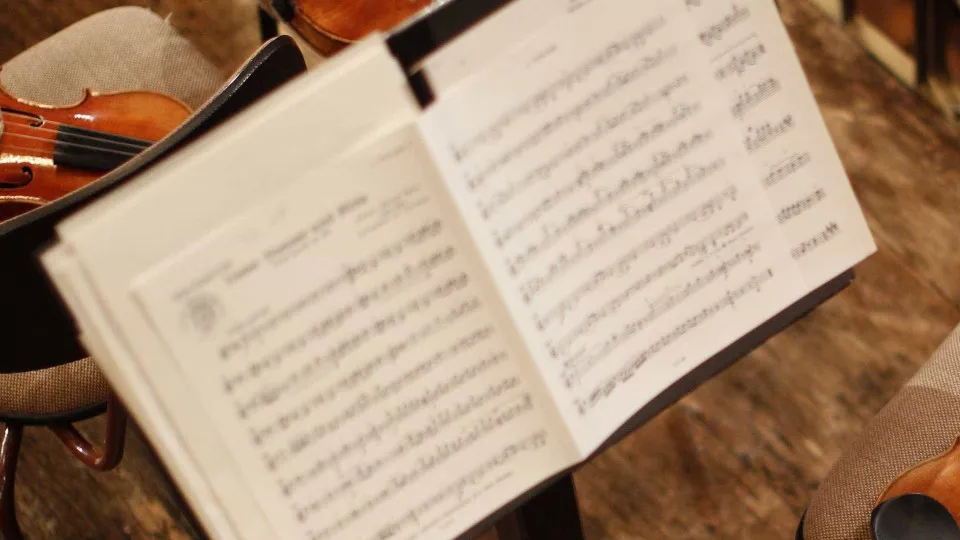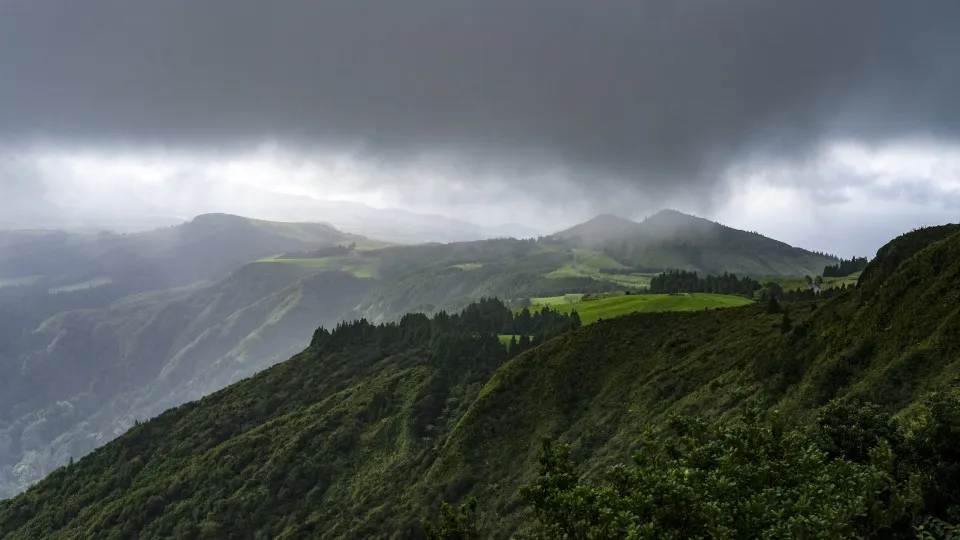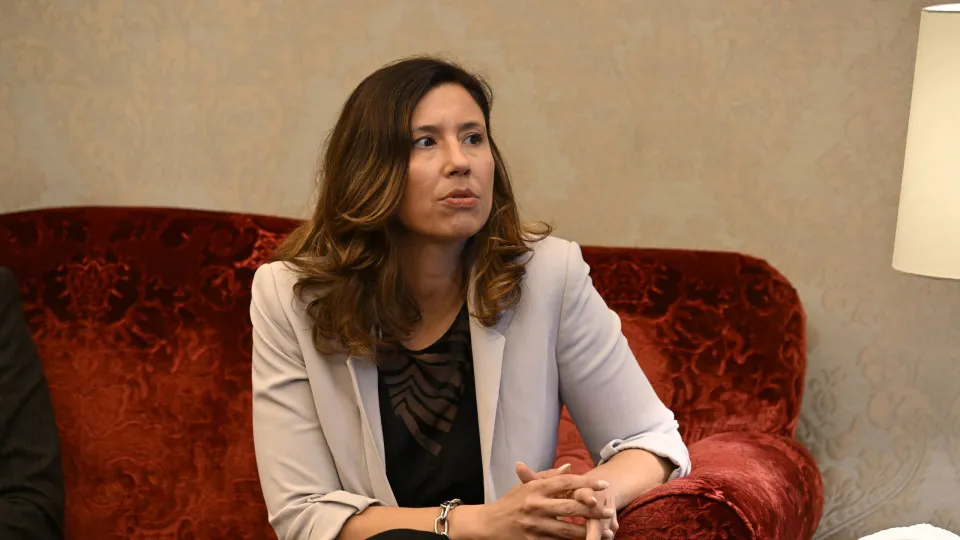
The project aims to support recordings of previously unregistered Portuguese Baroque music with international partners, “bringing to light a repertoire that reflects international influences in Portugal during the Baroque period,” states the Gaudium Magnum Foundation (FGM), leading the project.
The first series of recordings, dedicated to preserving the “national treasures” of the MNM collection, will have its first album released on CD and vinyl in 2026. Promoting the use of historical instruments, the Joaquim José Antunes harpsichord from 1758, part of the museum’s collection and classified as a national treasure, will be used, “an example of Portuguese craftsmanship.”
The recording will be conducted by French harpsichordist Béatrice Martin, a professor at the Juilliard School in New York, as “part of the dialogue” between the music of Carlos Seixas (1704-1742) and contemporary António Pinho Vargas, “in a proposal that also brings the Baroque heritage to the present,” according to the FMG.
Besides the recording, two concerts will be presented: one in Mafra, by Béatrice Martin, on November 20, preceding the opening of the MNM at the Royal Building of Mafra on November 22, with commentary by harpsichordist Miguel Jalôto; and the second in Naples, two days later, at the Church of Santa Caterina da Siena.
In Naples, the concert will be preceded by a conversation with musician and historian Paolo Sullo and art historian Giuseppina Raggi from the Divino Sospiro – Center for Eighteenth-Century Musical Studies’ scientific committee.
The concert repertoire includes works by Father António Soler (1729-1783), Alessandro Scarlatti (1660-1725), and Domenico Scarlatti (1685-1757), “composers whose influence and stylistic circulation help to understand the cosmopolitan environment in which Seixas was formed and contextualize the rich cultural scene of the Portuguese court where they might have been performed,” according to the project presentation.
These works will be joined by a contemporary piece by António Pinho Vargas.
“By identifying these unpublished works, the project seeks not only to preserve and disseminate Portuguese musical history but also to better understand its historical and cultural context,” states the Portuguese foundation Gaudium Magnum (‘Great Joy’) in its presentation dossier.
FGM aims to “develop a comprehensive program around each series [of recordings], including lectures by musicologists or specialists from related fields, the use of restored Baroque instruments to authentically recreate the sounds and visual experience,” and collaborate with “international institutions recognized for their expertise in the musical area, establishing intersections between music and visual arts through points of contact between musical themes and the FGM painting collection,” which includes works by artists like Álvaro Pires de Évora (c.1411-1434), Josefa d’Óbidos (1630-1684), and Almada Negreiros (1893-1970).
Within this framework, FGM has partnered with the Fondazione Turchini, based in Naples, Italy, for recording and discographic edition as well as associated programming.
In a meeting with journalists, Maria Cortez de Lobão, one of FGM’s founders and its co-president, emphasized the importance of disseminating Portuguese artistic works with a scientific investigation context.
The first series of recordings is dedicated to rediscovering the work of Carlos Seixas, “a pivotal figure in Portuguese Baroque music and an influential Iberian composer of his time,” she stated.
In the same meeting, MNM director Edward Ayres de Abreu confirmed the existence of unpublished repertoire by the Portuguese composer and highlighted the interest in this “very collaborative partnership.”
The Gaudium Magnum Foundation, a non-profit organization, aims to promote culture, education, research, and social solidarity, acting as “an ambassador of Portuguese historical and cultural heritage, promoting dialogue between local and foreign institutions with a special focus on projects concerning the formation of Portugal’s cultural identity between the fourteenth and eighteenth centuries.”
The Foundation, based in Lisbon, was created in 2018, an initiative by Maria and João Cortez de Lobão, its co-presidents.
The Fondazione Turchini – Centro di Musica Antica Pietà de’ Turchini aspires to “be a uniting and transdisciplinary center among musicians, ensembles, academics, and researchers, dedicated to the Neapolitan musical and theatrical heritage from the sixteenth to the eighteenth centuries, and its repercussions on contemporary European musical production.”
The Neapolitan foundation owns the record label Turchini Records, focused on publishing music from Neapolitan and European schools, in conjunction with contemporary musical creation and production.
The recent creation of Turchini Records falls within the initiatives marking the tercentenary of Alessandro Scarlatti’s death and the 340th anniversary of his son Domenico Scarlatti, who was master of the Royal Chapel of King John V, two “key figures of European Baroque music.”




